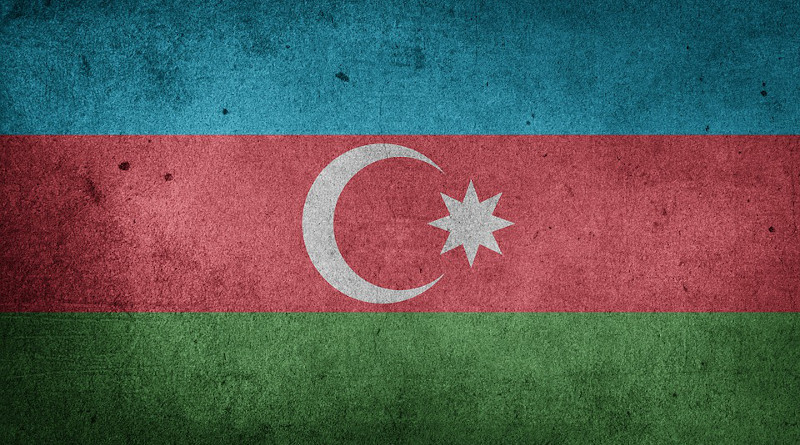Play all audios:
For many centuries, since antiquity, classical literature of Azerbaijan has fully reflected an atmosphere of multiculturalism and tolerance in its entire spectrum. The desire to embrace
humanity as a complete assessment and as a mosaic with many jewels, a need to explore mental parallels uniting diverse ethnic nations, religions and people; is an attempt to bring different
religions closer together by finding common grounds. The literature of Azerbaijan provides an equally respectful attitude towards the sacred places of all religions, embraces morals that
judge people not on their religious beliefs but on their personal qualities. According to Academician and national writer of Azerbaijan, Kamal Abdulla: the literature of Azerbaijan “is a
call to compassion, mercy and empathy, and love as the highest and most important feeling, as a common principle of life uniting all people regardless of language and religion – all these
and other values are reflected in our literature and describe better than anything its inner spirit as it soars in the ether.” Prof. Dr. Kamal Abdulla, notes: “We can be so bold as to say
that every exponent of our classical literature, with its centuries of history, not only held these values but also transmitted them through the prism of their worldview. These literary
examples cherish a fine illustration of the atmosphere of multiculturalism and tolerance that reigned in Azerbaijani society in different historical eras. They are an artistic ‘cardiogram’
of pictures of the real life of our historic past, which we can no longer observe for ourselves.” In fact, the literature of Azerbaijan embodies the love and religious tolerance; from the
works of Nizami, who declared the idea of “love is a heavenly altar” to be the embodiment of his work, all the way to Javid, the renowned author of these verses: “My lord is beauty and
love”. Throughout history, Azerbaijan’s literature has carved the praises of love for the benefit of all humanity, without dividing it along racial, ethnic, linguistic or religious
boundaries. The Literature of Azerbaijan is soaked within the spirit of moral and artistic values; the Azerbaijani people have made a lavish contribution to the treasure trove of common
human values. The concept of multiculturalism is further enriched by Abdulla Shaiq who once wrote: “we are all atoms of a single sun!” and Muhammad Hadi, the founder of progressive
romanticism in Azerbaijan; set forth an inspiring challenge to mankind: “Oh, people, we are all brothers!” Furthermore in the works of Huseyn Javid; a small girl talks about her love for all
humanity. The President of Azerbaijan, H. E. Mr. Ilham Aliyev, in declaring 2016 as the “Year of Multiculturalism”, has relied on the spiritual, scholarly and political sources that have
taken shape over many centuries that are ingrained amidst the people of Azerbaijan, and are preserved to this day. These sources are the richest fountain and reveal a fine reflection of the
inner world, mentality and spiritual wealth of Azerbaijan’s people. Today, Azerbaijani President Ilham Aliyev, commendably is continuing the political vision and path of his great
predecessor, and states to the world: “Multiculturalism is a state policy in Azerbaijan and has no alternative!” This is truly noble: is there an alternative to the political will, to the
world of words and literary ideas, to the feelings of the people that have shaped, and gave birth to: Nizami, Fuzuli, Akhundzada, Seyid Azim, Mirza Jalil, Javid, Abdulla Shaiq and hundreds
and thousands of other giants of literary, artistic, scholarly, philosophical and journalistic thought? Is there an alternative to the current historic political thoughts of President Ilham
Aliyev (who has played a unique role in the fate of his country)? No! Multiculturalism is poised to thrive in Azerbaijan.

